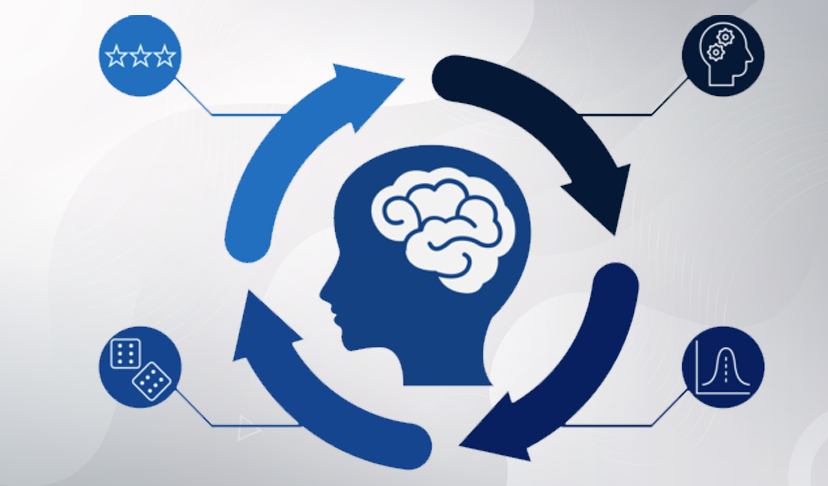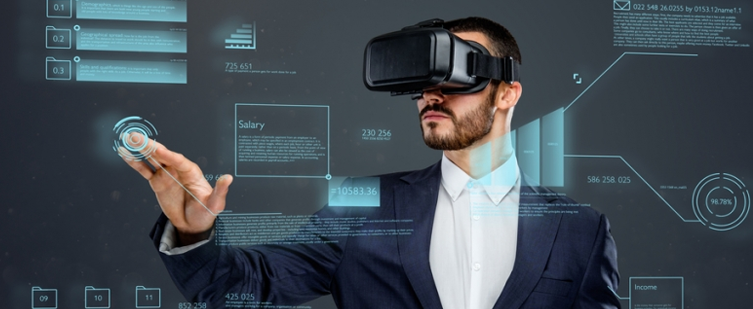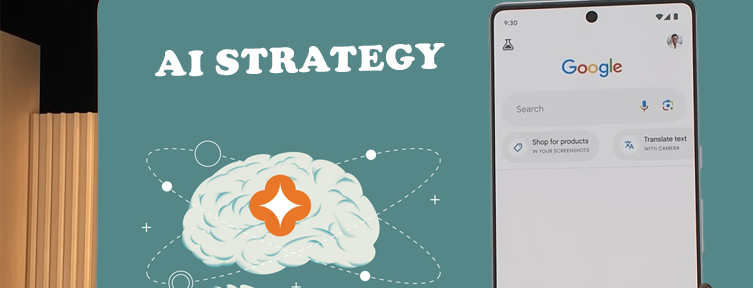The future of AI-driven meeting technology

Artificial Intelligence (AI) has radically transformed various industries, from healthcare and manufacturing to entertainment and finance. As we move further into the digital age, AI’s disruptive power is now making a significant impact on meeting technology. Gone are the days when meetings were just confined to boardrooms with physical presentations. Today, AI-driven platforms are revolutionizing how we collaborate, communicate, and conduct business meetings. In this blog, we will delve into the future of AI-driven meeting technology, examining its potential impact and what it holds for both virtual and in-person meetings.
The Current State of Meeting Technology
Before we explore the future, it’s essential to understand the present landscape of meeting technology. Traditional methods are giving way to more advanced tech solutions, from video conferencing tools like Zoom and Microsoft Teams to project management software like Asana and Trello. However, despite these advances, challenges like poor connectivity, limited user engagement, and difficulty in managing remote teams persist.
How AI is Transforming Meeting Technology
Enhanced Connectivity
AI algorithms can analyze network conditions in real-time, allowing for adjustments that can enhance connectivity. This is a game-changer for businesses that rely on international conferencing, where poor connectivity can disrupt communication and result in lost productivity.
Real-Time Transcriptions and Translations
AI-powered tools are capable of providing real-time transcriptions of ongoing meetings, making it easier to create minutes or review discussions. Some platforms can also translate spoken language in real-time, breaking down language barriers that can hinder global operations.
Automated Scheduling
AI-driven systems can sync with calendars and automatically schedule meetings based on the availability of attendees, thereby eliminating the tedious back-and-forth usually associated with setting up meetings.
Emotional Intelligence
Advanced AI tools can read facial expressions and gauge the mood of the meeting. These insights can help leaders adjust their approach in real-time, making for more effective and engaging discussions.
The Future Trends in AI-Driven Meeting Technology
Virtual Reality (VR) and Augmented Reality (AR) Integration
As VR and AR technologies mature, they are expected to integrate with AI-driven meeting solutions to create immersive virtual meeting experiences. Imagine brainstorming in a 3D virtual space where you can interact with data and digital objects as if they were physical entities.
Sentiment Analysis
Future AI tools could analyze speech patterns, tone, and language to assess the sentiments and attitudes of participants. This can offer invaluable insights into team morale and the effectiveness of communication strategies.
Smart Resource Allocation
AI algorithms can analyze meeting data to determine which meetings are essential and which ones could be emails. This can lead to better resource allocation, ensuring that only necessary meetings are scheduled, thereby saving time and boosting productivity.
IoT (Internet of Things) Integration
In the future, we can expect AI-driven meeting tools to integrate with IoT devices seamlessly. This will allow for intelligent automation of physical spaces, such as adjusting lighting and temperature based on the number of participants or the mood of the meeting.
Risks and Considerations
Data Security
The growing reliance on AI-driven meeting technology raises concerns about data security. Businesses will have to invest in secure AI platforms that comply with data protection regulations to mitigate the risks of data breaches.
Ethical Considerations
The capability of AI to analyze emotions and sentiments could raise ethical concerns about privacy and consent. Transparency will be crucial in how these technologies are implemented and used.
Conclusion
The future of AI-driven meeting technology promises a paradigm shift in how we think about collaboration and communication. As AI tools become more integrated into our work lives, they have the potential to make meetings more efficient, interactive, and engaging. However, as with any technological advancement, it comes with its set of challenges and ethical considerations.
As we move into this future, organizations should be proactive in adapting to these technologies while being mindful of the associated risks. But one thing is clear: AI-driven meeting technology is not just a trend; it’s the future, redefining how we conduct meetings in the digital age.



